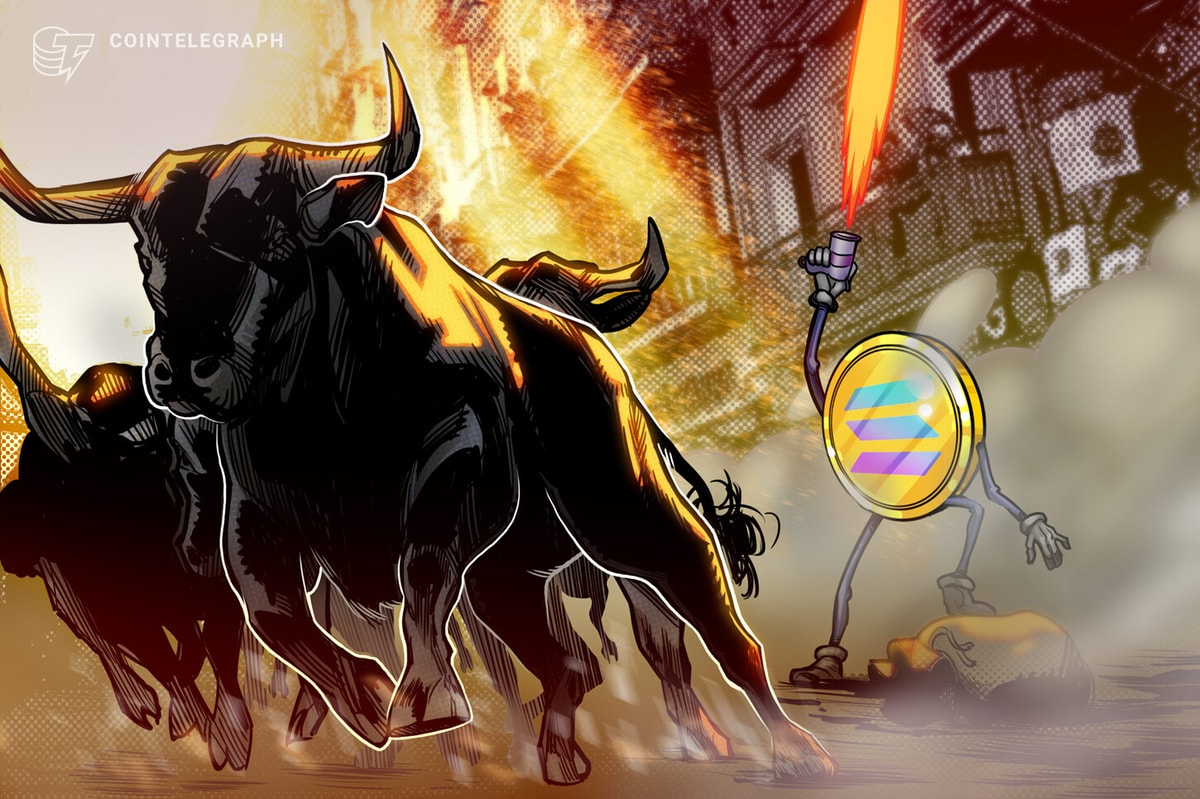
Report Highlights Merits of Bitcoin Investment Among Global Uncertainty
Bitcoin’s unique characteristics, continued adoption and overall industry growth make the cryptocurrency a viable instrument for hedging against global liquidity crises, according to Grayscale Investments.
In a new report titled “Hedging Global Liquidity Risk with Bitcoin,” the digital currency asset manager explores how bitcoin can give investors protection in uncertain political and economic situations, arguing that the digital currency “deserves a steady strategic position within many long-term investment portfolios” as it represents “a transparent, immutable, and global form of liquidity that can provide both wealth preservation and growth opportunities.”
In particular, the report notes bitcoin’s store-of-value characteristics that are similar to real assets like gold, as well as hard-money attributes like immutable scarcity. The cryptocurrency can also be used for daily spending, similarly to cash, with more than 100,000 merchants worldwide including Whole Foods, AT&T, Microsoft, Overstock.com and Expedia now accepting bitcoin. Additionally, the industry’s significant growth has created value and stimulated further demand. Real applications for blockchain technology and decentralized digital assets are continuing to emerge, spurring this growth.
Bitcoin’s distinct set of properties makes it unlike any other asset and gives it “the potential to perform well over the course of normal economic cycles as well as liquidity crises, especially those involving currency devaluations,” says the report.
Correlations Between Bitcoin Investment and Macroeconomic Developments
A “liquidity crisis” refers to an acute shortage of liquidity that can unfold in several ways. Economic or political concerns might drive bank account holders to make sudden, large withdrawals, if not close their accounts entirely. Such activity can leave banks deficient and have a domino effect on the overall economy. As banks stop writing loans, a liquidity crisis takes a toll on businesses, the housing market and other activities that require major use of borrowed funds, ultimately turning this into a systemic, global financial crisis.
For instance, India’s demonetization push in 2016 had local investors flocking to digital currencies. The event pushed the price of bitcoin 34 percent upward in a mere 18 days. As a result, the cryptocurrency traded at a 13 percent premium on domestic bitcoin exchanges compared to U.S. platforms.
The Indian banknote demonetization move is one of several economic events that have influenced the price of bitcoin, and Grayscale Investments’ report highlights several others.
Grexit (the possible withdrawal of Greece from the Eurozone) and the shutdown of Greek banks in 2015, as another example, saw an increase in demand for fiat Eurozone currencies, including the British pound, the euro and the Swiss franc. Bitcoin, however, was the top performer, producing a return of 28 percent within the three-month timeframe that led to a bailout agreement for Greece.
That same year, economic concerns in China, including the devaluation of the Chinese yuan, sent the price of bitcoin up 53.6 percent between August 2015 and December 2016 while emerging markets equities were hit hard, with the MSCI Emerging Markets Price Index dropping 22 percent.
On June 24, 2016, when the U.K. announced the result of a referendum vote in favor of separation from the European Union (also known as “Brexit”), bitcoin was once again a top-performing asset, boasting a return of 7.1 percent while the British pound fell 8.1 percent and the euro dropped 2.4 percent.
Now, the ongoing U.S. and China trade tensions have already shown some effect on the price of bitcoin. In May 2019, when Trump first announced the tariff hike, bitcoin generated a cumulative return of 47 percent while other markets and currencies recorded an average decline of 2 percent.
Bitcoin Investment Is Still Volatile
Though evidence suggests that bitcoin might be the best asset to turn to in times of global uncertainties, Sagar Chaudhary, a junior analyst at eToro, a global brokerage company, warns investors to remain wary, stating that the digital currency remains a technology in its very early stage that’s known for being highly volatile.
“The conventional list of safe havens usually features instruments such as gold or the Japanese yen,” Chaudhary told Bitcoin Magazine. “Compared to other instruments in the market, bitcoin is still at a very early stage and too early to say whether it is a good hedge against global liquidity crises or macroeconomic shocks.
“Given the volatile nature, most people do not necessarily categorize Bitcoin as a safe haven but, if we look closely at recent trends, we do see that Bitcoin has become a popular hedge against uncertainty in the traditional markets.”
Indeed, Chaudhary sees a strong correlation between bitcoin’s price movements and global political and economical events, and notes that bitcoin and the broader digital assets market are increasingly becoming part of the mainstream.
“We do see that at times of political unrest or market uncertainty, people do fall back on crypto. Bitcoin is gradually becoming more and more popular among investors looking to diversify their portfolios,” he said.
As trade tensions between the U.S. and China escalate, Chaudhary believes we may soon start to see the familiar pattern emerge.
“Bitcoin soared after Brexit and we did see the price spike in the wake of the U.S.–China trade tensions,” he said. “Bitcoin price is closing in on the $10,000 mark, so we can likely expect FOMO [fear of missing out] entering the space, which would likely push prices up further.”










